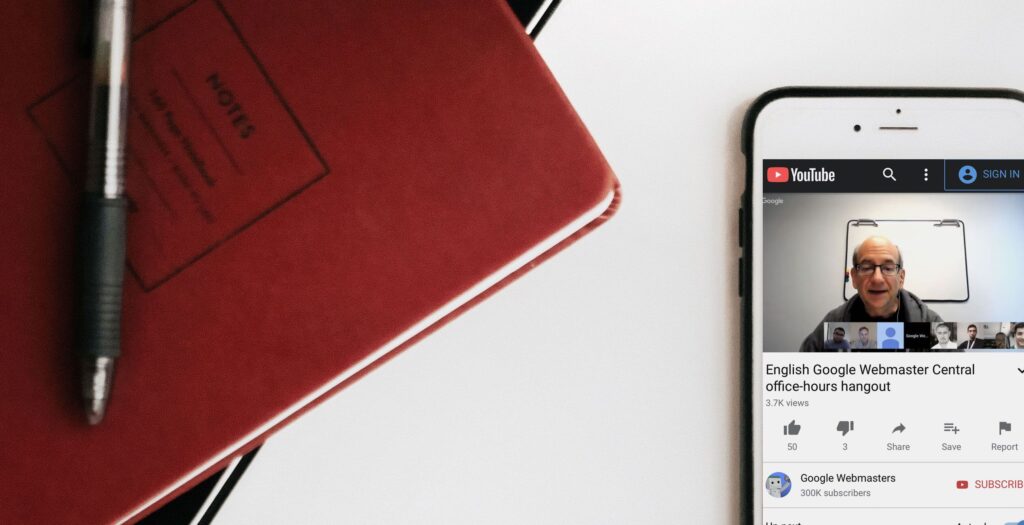Notes from the Google Webmaster Hangout on the 21st of September 2018.
For Mobile-first, Ranking Fluctuations Are Caused by Google Recrawling and Reprocessing a Site
If a site experiences ranking fluctuations after being switched to mobile-first indexing, this is because Google will need to recrawl and reprocess the site to update the index.
To learn more, make sure you read our guide to mobile-first indexing.
The Switch to Mobile-first Indexing Isn’t Based on Mobile Traffic
Mobile traffic isn’t taken into consideration by Google when deciding which sites to switch to mobile-first indexing.
There is No Penalty For Hiding Content For Screen Readers
There is no penalty for hiding content on a page that has the sole purpose of being used for screen readers, as long as it is consistent with other content on the page. The web spam team may assess intent to deceive search engines in these cases.
Google Doesn’t Set a Particular Threshold for Assessing Mobile-first Readiness
There isn’t a percentage or a threshold set by Google to assess how ready a site is for mobile-first indexing. Content, structured data, images, videos and internal linking are all assessed on a site-by-site basis.
Accessibility is Not Currently a Ranking Factor
There has been talk at Google of making accessibility a ranking factor in future, but this isn’t something that’s being actively worked on at the moment.
Ecommerce Websites Should Avoid Serving Product Page Content Via JavaScript
Large ecommerce websites should steer clear of serving product page content via JavaScript as this can delay indexing of new products by weeks, as opposed to minutes when you serve content in the HTML.
To learn more, take a look at our recap of John Mueller’s talk on JavaScript at Google I/O 2018.
Use Pre-rendering For New JavaScript Frameworks so Google Can Index Them
Google uses Chrome 41 for rendering which is an old version, so it may struggle to render new frameworks such as JavaScript ES6. To get around this issue, use pre-rendering.
It Will be Difficult For Google to Improve its Rendering Services at Scale
There are plans for Google to improve its rendering services, but this will take a long time as it will be very difficult to make rendering improvements at scale, especially for websites with millions of pages that each require rendering.
Google News Works Differently Than Organic Search Algorithms
Rankings and algorithms work differently for Google News than for regular organic search results.
Sites Borrowing Content From Other Sites Will Outrank Them if They Provide Additional Value
If another website uses an image on your site but writes additional engaging, descriptive content, then that page would rank above your original page due to the added value they are providing, despite you being the original source.
Googlebot Doesn’t Use Sites’ Internal Search Features to Find Pages
Googlebot doesn’t know what to search for on a site, so doesn’t use a site’s internal search for content discovery. The rare exception to this will be if a site isn’t crawlable normally and pages can only be discovered through internal search.
Avoid Using Lazy-loading For Crucial Images & Content
If you have images and content that are essential to the website, then avoid using lazy-loading for these elements as Googlebot isn’t always able to process them.
Googlebot is Limited to Crawling a Couple of Hundred MB for Each HTML Page
Most sites shouldn’t worry about the size of their pages being too much for Google to crawl, as John explained that the cut off size for each page’s HTML is a couple of hundred MB.





